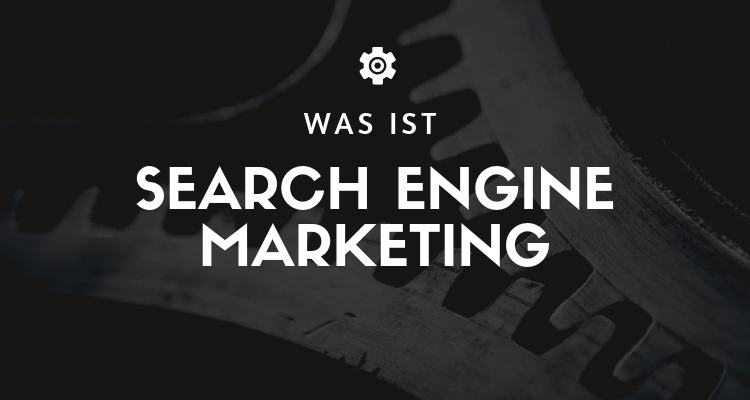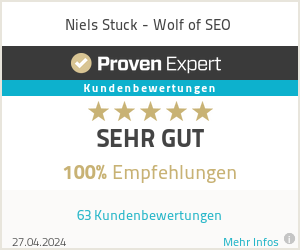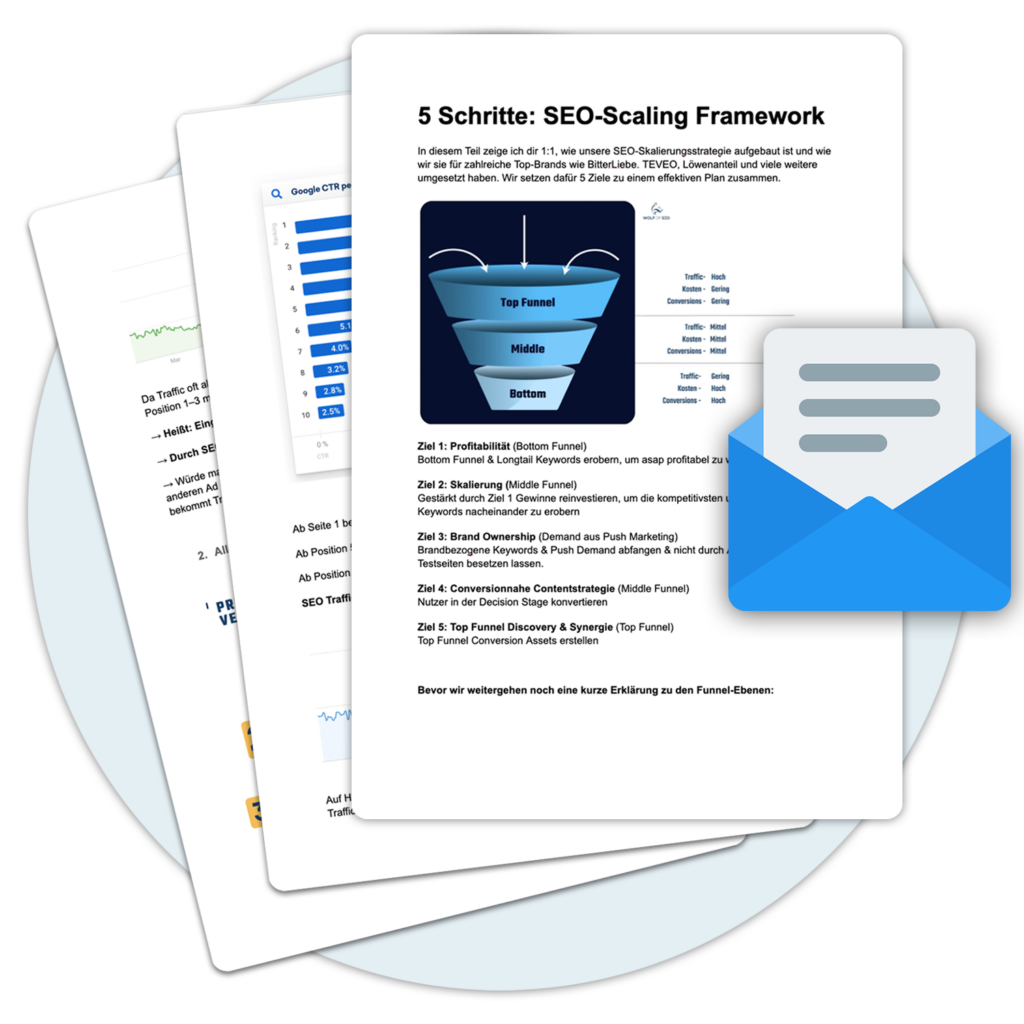What is SEM (Search Engine Marketing)?
Search Engine Marketing, or SEM for short, is the English term for Search engine marketing. Even if the term sounds very broad, it actually refers to a very specific type of marketing in search engines, namely "paid search". The best known and most frequently used search engine advertising tool is Google Ads. SEM uses the Range from search engines such as Google or Bing to reach potential customers at the right time and in the right place.
SEM is also known by many other names:
- Paid want ads
- PPC (pay-per-click)
- Google Ads is SEM
- ...
Other important terms are:
- Impressions - Describes how many times your ad was visible on a user's screen. However, it does not mean that the person has seen it.
- CPC (Cost-per-click) - Refers to how much you pay when someone clicks on your ad.
- CPM (Cost per million impressions) - Depending on your goals and the way the advertising tool is set up, you may pay just to be seen.
- CTR (Click Through Rate) - Describes the number of clicks from people who saw an ad, who ultimately clicked on the ad, or otherwise clicked on your website.
What is SEM compared to social media advertising?
Some social networks also offer a Ad service an. But in general, social media advertising and SEM not the same. In social media advertising, ads are typically based on data that the social media company has collected about the person. This allows people to be targeted based on specific interests, locations, buying patterns, etc.
Search engine marketing on the other hand, is based on specific keywords. Here, users are targeted when they carry out a search query on Google, for example. It is important to note that social media advertising and SEM cannot replace each other. However, in order to best possible result in terms of brand awareness and/or sales, both methods should be used, as they (can) complement each other very well.
Is SEM the same as SEO?
No it is not the same. But again, they complement each other.
With SEO, you optimize a website so that it ranks better in Google's organic search results, i.e. in the top positions. When someone searches for "how to advertise a car", Google uses an algorithm to determine which website can best answer this question. The Search Engine then ranks the sites according to how certain it is that this site can answer this question.
It is Google's goal that you find what you are looking for at the top of page 1 in the search results.
Google takes into account many Elements, to determine this, among other things:
- E-A-T Score - Expertise-Authority-Trust
- Content Quality
- CTR - Click Through Rate
- Customer Journey
- Backlinks
- and much more
These are just a few of the many factors Google takes a close look at on a website. If you want to learn more about this, you can find more information in our Glossary Explanations of the most important SEO, SEM and Online Marketing Terms.
Do companies that use SEM need SEO?
In short: In any case! A cleanly executed SEO ensures that your website is fast and user-friendly - which, in the end, is just as important for SEM. In addition, the Quality Score of a website directly influences the CPC (cost per click). The higher the score of a website, the lower the advertising costs!
Besides SEO unlike SEM a long term strategy. Um your Range it is therefore advantageous to organic to appear in more search queries. This allows you to focus your SEM activities on other keywords.
What are the costs of SEM compared to other methods?
Compared to the others, there is no single answer to this question. The answer depends on too many factors. For example, Google rewards ad campaigns, which are active managed with lower costs on average and better visibility in the market. Search results.
You hear more and more people talking about how expensive Google Ads have become. However, that's only because most companies don't understand that you're simply paying more than your competition which your Google Ads optimized have
SEM is more expensive if you don't also focus on long-term strategies. This includes an excellent Quality Score, SEO, and social media presence. But nothing brings a website more leads and conversions in the short term than a well thought-out Google Ads Campaignergo SEM.
How can companies benefit from SEM?
Here's a quick look at the benefits companies get from using SEM:
- It increases brand awareness in the search engines
- It enables quick revenue generation
- Rapid scalability in terms of business growth
- Users are addressed at the right time, in the right place
- The defined target group can be targeted specifically
- Potential competitive advantages in your niche
- Search engine marketing is cheaper than traditional advertising






 By
By 